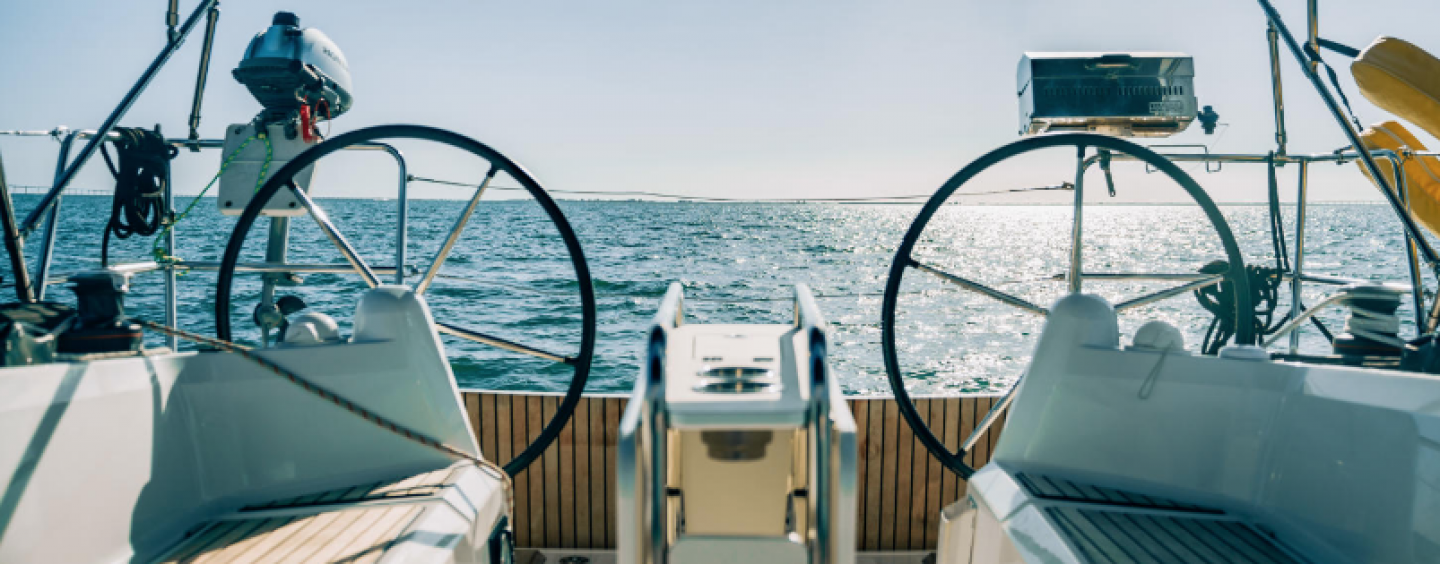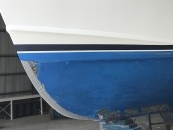Hundreds of years ago, the greatest dangers sailors would face to their health on the ocean were the conditions themselves or a galleon of pirates. These days, we have tamed the oceans off places like the Gold Coast to the extent that seasickness is often our first concern.
The ailment is a common one suffered by shiploads of would-be seafarers, so it is nothing to be embarrassed about. Brian Gills, who regularly runs fishing charters for Fishing Gold Coast, says it is more common than people would think. “Depending on the conditions, [it can be] anything from 30 to 50 per cent. Sometimes, we see anything up to 70 to 90 per cent,” he says.
Working out if you have seasickness is one of the easiest things to do at sea. The symptoms are dizziness, tiredness, nausea, excessive saliva production, headaches, sweating, burping and, of course, vomiting – and they can range in seriousness.
So how is it caused? According to Dr Vanessa Wong from My Health City-Hope Island, seasickness is thought to stem from a mismatch between the information the brain receives from the eye and the inner ear’s balance mechanisms. “For example, if a person is looking at the interior of a cabin on a ship, the eyes tell the brain that the person is stationary, but the inner ear senses movements due to the motion of the ship, and this mismatch leads to motion sickness,” Dr Wong explains.
If you have ever experienced motion sickness while travelling in a car or a plane, or on a ride at a theme park, then you are more likely to experience seasickness on a vessel, too. Sorry to deliver the bad news!
The good news is that seasickness is not an insurmountable obstacle. Medical professionals, like Dr Wong, say that it is possible to fight through it, though it takes time. “If a person is exposed to motion for an extended period – for example, during a long journey at sea – or has repeated exposures, their brain may adapt in time to the constant motion and they may no longer experience motion sickness.” If you are determined to tough it out, medical professionals suggest remaining calm. “During motion, look at an earth-fixed object,” Dr Wong suggests. “If you are on a boat, try and look at the horizon or land masses from the deck, rather than staying inside the cabin. Make sure you have plenty of fresh air. Closing your eyes can also help eliminate sensory confusion.”
Mr Gills is firm that one can definitely beat it. “We had a friend of ours who worked for us on one of our commercial fishing boats. He used to get chronic seasickness. Eventually, after a couple of months, he worked his way through it.” However, Mr Gills is not a big believer in persisting with a voyage unless it is essential. “I’ve heard people during the war or going on trips getting over it or partially getting over it, but the only cure I’ve ever seen is called a palm tree. It’s going and sitting underneath it.”
Once you have started the voyage, avoid eating or drinking on short trips and, on longer trips, eat bland food sparingly. Some people swear by chewing ginger, eating dry crackers, or ensuring they can smell chamomile and peppermint.
As an operator of fishing charters off the Gold Coast, Mr Gills says the most common cause of seasickness he sees is self-inflicted. “Drinking seems to be a big cause of it. Don’t get on the boat hungover from the night before. [Also] some people feel funny if they haven’t eaten anything; some people feel funny when they’ve had too much to eat. Try not to have too much in your stomach.”
So, what can you do to prepare yourself before you get on the vessel? Well, there is a range of medications devoted to dealing with seasickness that is available at chemists. “Medications can be taken to calm the nerves of the inner ear or soothe the brain’s vomiting centre,” advises Dr Wong. “Alternative therapies that may be helpful include acupressure or electrical stimulation wrist bands.”
Mr Gills adds that approaching the voyage with a positive mentality could help many amateur sailors. “People talk themselves into it all the time. It’s when they start talking about it, you’re pretty sure they’re going to get seasick. It’s something that tends to come up quite regularly on the boat. You get other people that just don’t talk about it, and nothing happens.”
By Chris Logan
/jul-sep2019






























